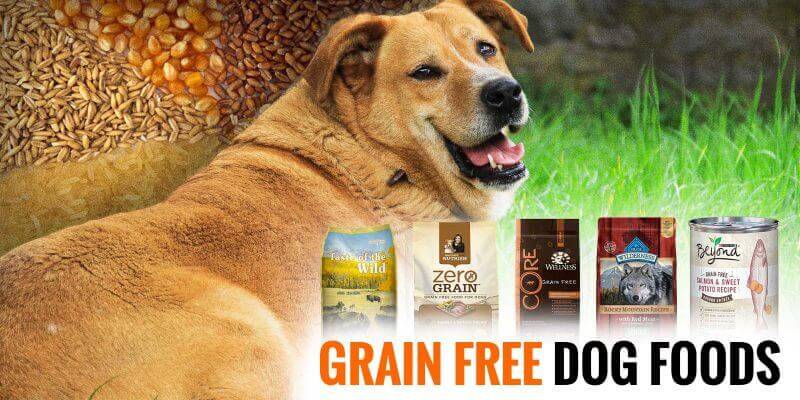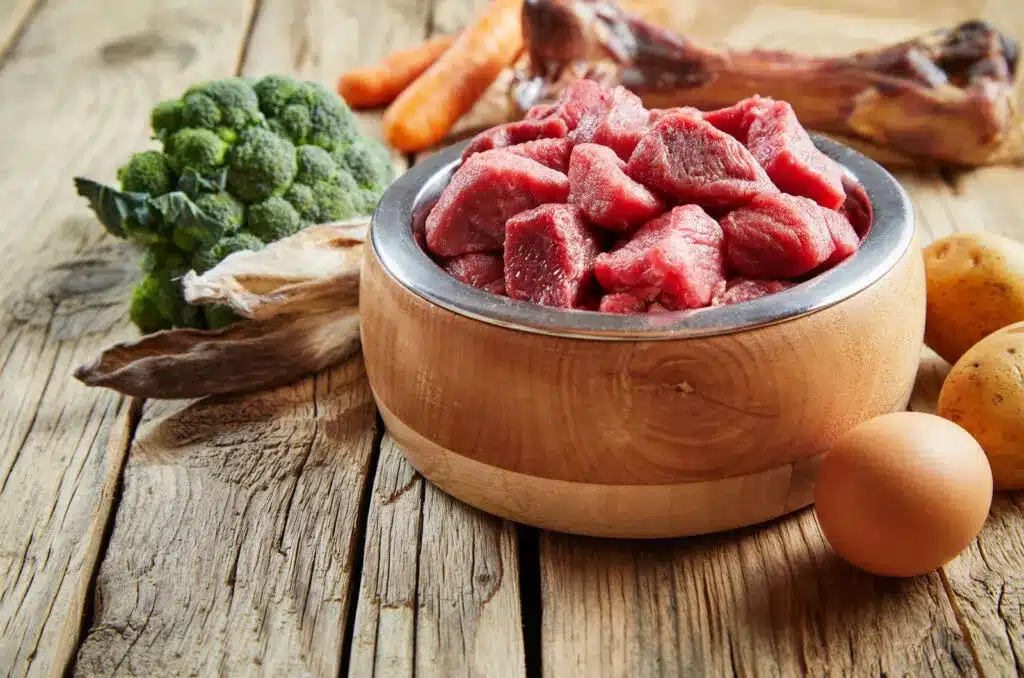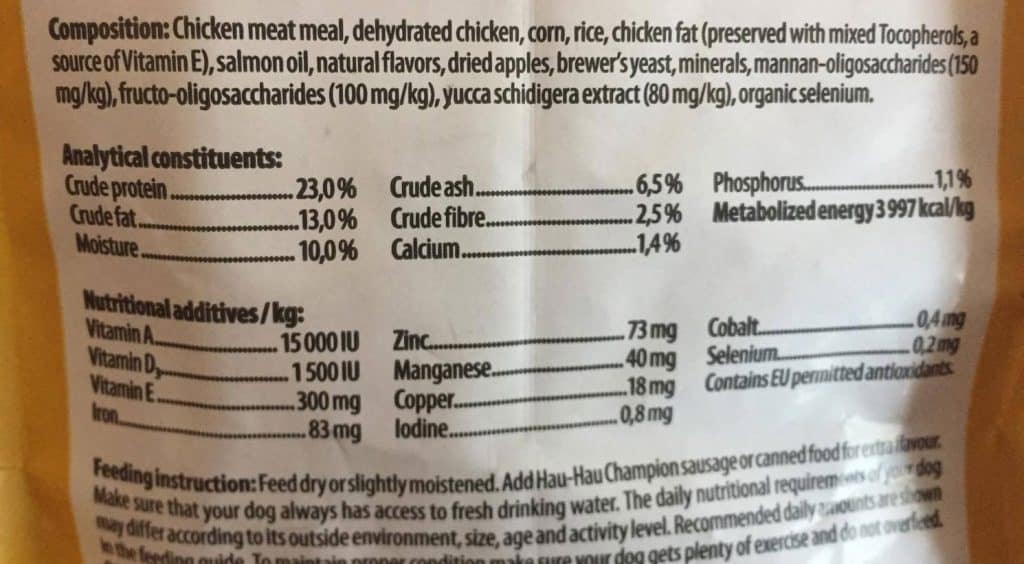Proper nutrition is the cornerstone of pet health, yet the pet food market is riddled with misinformation and myths that can confuse even the most conscientious pet owners. From grain-free diets to the raw food craze, distinguishing fact from fiction is crucial to ensure pets receive the balanced diet they need. This article aims to debunk common pet food myths, shedding light on the scientific evidence behind pet nutrition and offering clear guidance for pet owners seeking the best for their furry friends.
Grain-Free Diets Are Healthier For All Pets

The grain-free diet trend has surged in popularity, fueled by claims that grains are harmful to pets and contribute to allergies and digestive issues. This movement suggests that a diet closer to an animal’s ancestral diet, devoid of grains, is inherently healthier. However, these claims lack substantial scientific backing. Research indicates that grains are not only harmless for the majority of pets but are also beneficial sources of essential nutrients, vitamins, and energy.
Recent studies have raised concerns over grain-free diets, particularly their association with an increased risk of dilated cardiomyopathy (DCM) in dogs. The FDA has issued warnings about the potential link between grain-free diets rich in legumes and potatoes and the development of this heart disease. This evidence challenges the notion that grain-free diets offer a superior nutritional choice, emphasizing the need for pet diets to be balanced and based on veterinary nutritional science rather than trends.
Raw Diets Are The Most Natural And Healthiest Option For Pets

Advocates for raw diets argue that feeding pets raw meat, bones, and organs is akin to their natural eating habits in the wild, proposing that such diets are more digestible and nutritionally beneficial. The belief is that cooking destroys vital nutrients, making raw diets the superior choice for pet health. While the idea of mimicking a pet’s ancestral diet may seem logical, it overlooks the fact that domestic pets have evolved over thousands of years alongside humans, adapting to a more varied diet.
The risks associated with raw diets are significant and well-documented. Nutritional imbalances are a common issue, as creating a raw diet that meets all of a pet’s nutritional needs is complex and requires precise knowledge of animal nutrition. Moreover, raw diets pose a risk of foodborne illnesses to both pets and their owners. Pathogens like Salmonella and E. coli can be present in raw meat, endangering the health of all household members. These risks highlight the importance of prioritizing safety and nutritional completeness over the perceived naturalness of a pet’s diet.
Human Food Is Always Harmful To Pets

A common belief is that all human foods are off-limits to pets, deemed too dangerous or unhealthy for animal consumption. This myth likely stems from the awareness of certain foods that are indeed toxic to pets, such as chocolate, grapes, and onions. While it’s true that some human foods can pose serious health risks to pets, this doesn’t mean all human food is harmful. In fact, many human foods can be a healthy addition to a pet’s diet when given in moderation and as part of a balanced diet.
Fruits and vegetables like carrots, apples (without seeds), and pumpkin can offer pets additional vitamins and fiber, while lean meats such as chicken or turkey can be a good source of protein. However, it’s critical to introduce any new foods into a pet’s diet gradually and in small quantities to avoid digestive upset. Consulting with a veterinarian before making significant changes to a pet’s diet is always advisable to ensure that these additions are safe and beneficial for the pet’s specific health needs and dietary requirements. This nuanced approach helps pet owners navigate the complexities of animal nutrition, ensuring their pets enjoy a varied, safe, and nutritious diet.
More Protein Equals A Better Diet For Pets

The push for high-protein diets for pets is based on the belief that because their ancestors consumed diets rich in protein, modern pets should too. This perspective suggests that high levels of protein support muscle development and energy. However, like humans, pets require a balanced diet that includes not just proteins but also carbohydrates, fats, vitamins, and minerals. Excessive protein intake can lead to health issues, especially in pets with pre-existing kidney or liver conditions, where processing high amounts of protein can exacerbate their health issues.
While active and working pets may benefit from a slightly higher protein content, it is crucial for pet owners to understand that more protein is not universally better. Each pet’s dietary needs vary based on age, activity level, and health status. Nutritionists emphasize the importance of a diet tailored to an individual pet’s specific needs rather than following a one-size-fits-all approach. Pet owners should consult with veterinarians to determine the optimal diet for their pets, considering all aspects of their health and nutritional requirements.
All Preservatives In Pet Food Are Dangerous

Preservatives are essential in pet food to ensure its longevity and prevent spoilage. The debate often centers around the use of synthetic versus natural preservatives, with many assuming that all synthetic preservatives are harmful. However, not all preservatives are created equal, and many synthetic preservatives are approved for use after rigorous safety testing. It is the responsibility of pet food manufacturers to use preservatives within the safe limits established by regulatory authorities.
Understanding the role and necessity of preservatives in pet food is key. While it is beneficial to be cautious about the additives in pet food, it is also important to recognize that not all preservatives pose a risk to pet health. Pet owners should focus on the quality and reputation of the pet food brand and look for products that are transparent about their ingredients. Choosing pet food that balances safety with nutritional integrity is possible by being informed and selective.
Pets Can Thrive On A Vegetarian Or Vegan Diet

The interest in vegetarian and vegan diets for pets reflects a growing trend among pet owners concerned about animal welfare, environmental issues, or health. While it is theoretically possible for pets, particularly dogs, to survive on a meat-free diet, formulating a nutritionally complete vegetarian or vegan diet for a pet is challenging. Pets require specific nutrients, such as proteins, amino acids like taurine, and vitamins, which are naturally abundant in animal products.
Cats, being obligate carnivores, face even greater challenges on a plant-based diet due to their specific dietary requirements, which are hard to meet without animal proteins. For pets on a vegetarian or vegan diet, meticulous planning and supplementation are necessary to avoid nutritional deficiencies. It is imperative for pet owners considering these diets to consult with veterinary nutritionists. These professionals can help formulate a diet that meets the pet’s needs, ensuring they receive all necessary nutrients for a healthy life.
Expensive Pet Food Brands Are Always Better

The assumption that the cost of pet food directly correlates with its quality is widespread. High prices are often perceived as an indicator of superior ingredients or nutritional value. However, the price of pet food can be influenced by many factors, including marketing, packaging, and the brand’s position in the market. It is not always a reliable measure of the food’s ability to meet the pet’s dietary needs.
Pet owners should evaluate pet food based on the quality of its ingredients, nutritional adequacy, and how well it meets their pet’s specific health requirements. Reading and understanding pet food labels, researching the manufacturer, and seeking advice from veterinary professionals can provide insights into the best options for a pet’s diet. This approach ensures that decisions are made based on comprehensive nutritional information rather than price tags alone.
The Bottom Line
Navigating the world of pet nutrition requires discernment and an understanding that not all widely held beliefs about pet food are accurate. The key to providing the best diet for a pet lies in debunking myths and relying on scientific evidence and veterinary advice. It is essential for pet owners to remain informed and cautious, avoiding generalizations about what constitutes a healthy diet for their pets. By focusing on balanced nutrition and being open to professional guidance, pet owners can ensure their beloved animals receive the care and nourishment they deserve, leading to healthier, happier lives together.